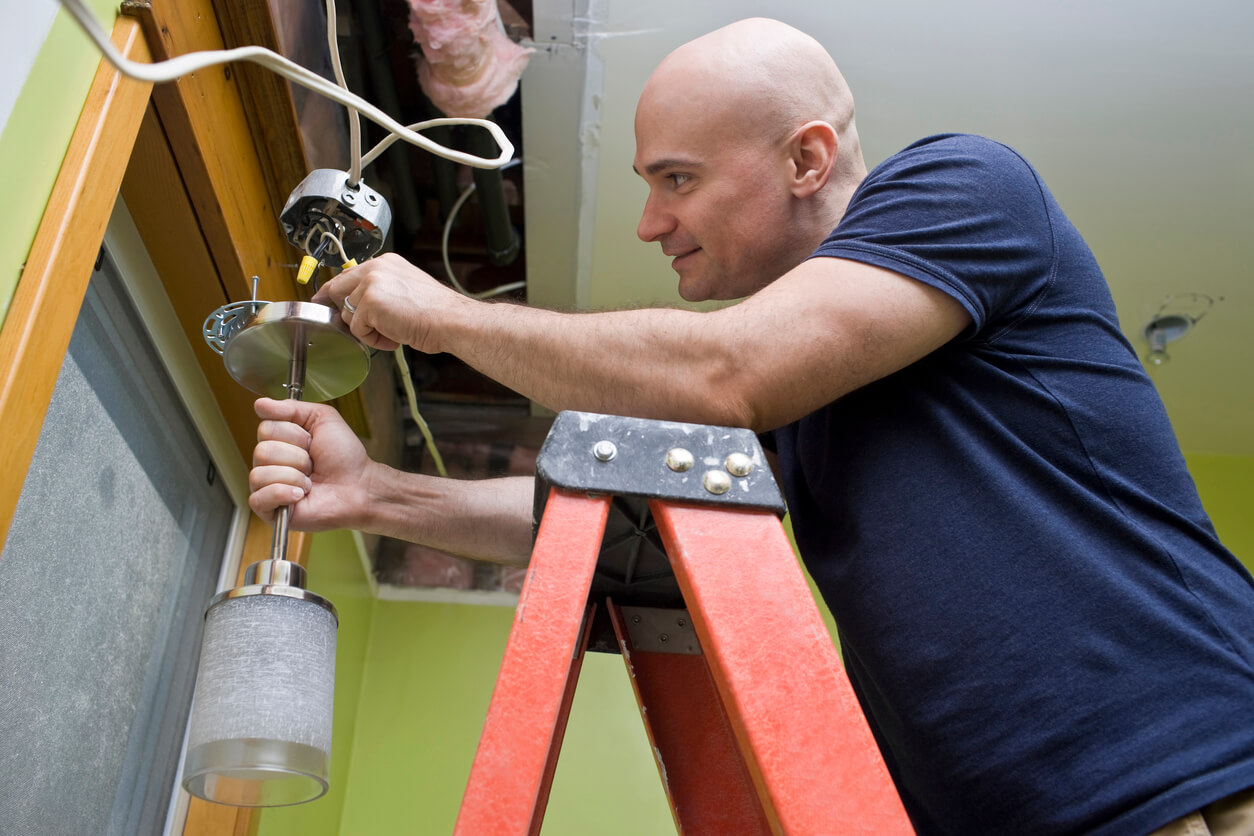Landlords are legally obligated to guarantee the safety of rented property and its contents under Australian common law. While the safety of tenants, neighbours and the public are of the utmost importance, there are also a number of other regulations specific to rental properties that stipulate the responsibilities of a landlord.
These responsibilities include:
- Maintaining the structure and exterior of the house
- Ensuring all installations are working, e.g. gas, electricity, heating
- Treating potentially health-threatening issues, e.g. rising damp, mould
- Maintenance and safety of landlord-owned appliances and installations
Landlords will have other obligations outlined in the tenancy agreement as well as the specific requirements of the relevant Australian state or territory. For example, in Victoria there are strict guidelines about when a landlord is permitted to enter their rented property.
Before Your Tenants Move In
Ensure you, or your property manager, check the property thoroughly before tenants move in to avoid any disputes and problems later down the track. Find out whether the property has any existing faults and note any minor damage or problems in the condition report. This is the ideal time to address any necessary repairs.

Landlords must:
- Make sure the premises are vacant, in good repair and reasonably clean on the day your tenants are due to move in.
- Ensure any water appliance, smoke alarm, fitting or fixture meets Standards Australia’s ‘A’ rating and are in good working order.
- Make sure all external doors have locks and windows can be secured.
- Allow tenants to have peace, quiet and enjoyment of the premises.
You should ensure tenants are provided with a copy of the booklet outlining their rights relevant to your state. In Victoria, it’s ‘Renting a home: a guide for tenants’ by Consumer Affairs Victoria, which is also available online.
Urgent and Non-Urgent Repairs
The Residential Tenancies Act 1997 distinguishes between urgent and non-urgent repairs. When repairs are urgent, your landlord or real estate agent must respond immediately.
Urgent repairs include:
- burst water service
- broken or blocked toilet system
- dangerous electrical fault
- serious roof leak
- gas leak
- flooding or serious flood damage
- storm or fire damage
- breakdown or failure of any essential appliance, service, fitting or fixture
- a serious fault in a lift or staircase
- any fault or damage that makes the premises unsafe or insecure

Other repairs, for example, a damaged garage from a falling tree branch, are considered non-urgent. If your tenants request a non-urgent repair, you must still respond promptly.
It’s important both you and your tenants communicate all information about repairs in writing and to keep copies for future reference in case there is a dispute. Tenants must keep paying rent when waiting for repairs to be done. If you don’t respond or refuse to undertake repairs however, tenants can get advice from Consumer Affairs Victoria and apply to the Victorian Civil and Administrative Tribunal (VCAT) for a repair order.
Looking for a Property Manager in Geelong?
We value our community at Hayeswinckle and make sure our landlords are fully assisted and supported. If you’re looking for a property manager in Geelong, we can handle all the legislative requirements, tenant queries and make sure that your rent is paid on time. Contact us here.
